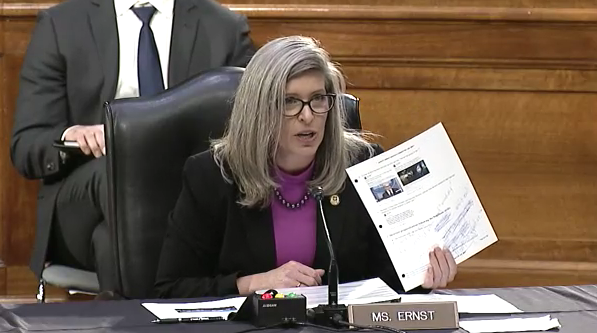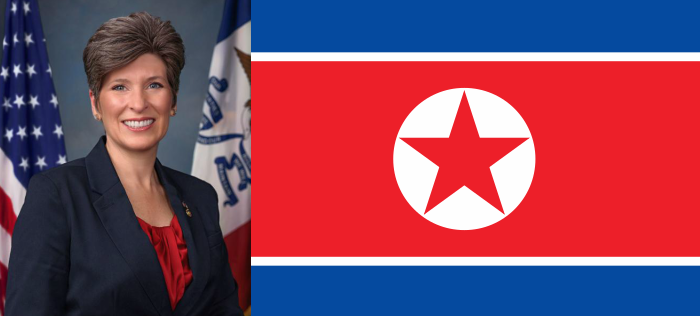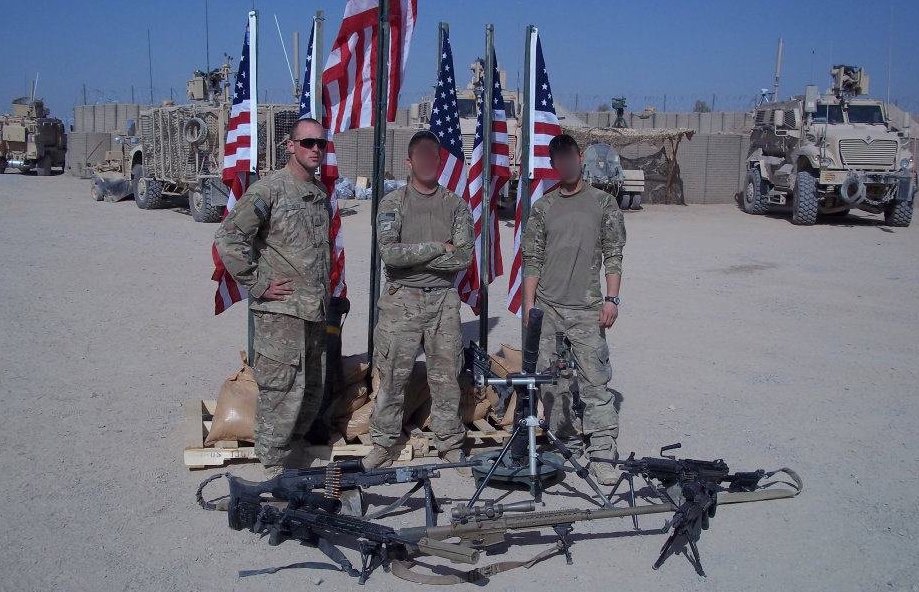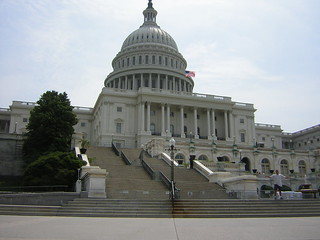There's been quite a bit of press this week about attacking other candidates and negative campaigning, including a number of comments on my statements at the debate calling on the other candidates to lay off the personal attacks on Senator Clinton.
But I was surprised that what many people “took away” from my statements was that I must support Senator Clinton's positions because I thought some of the attacks were out of line.
So, let me set the record straight.
I deeply disagree with Senator Clinton on many issues, just as I do with the other candidates. For starters, Senator Clinton thinks we can fix No Child Left Behind; I believe we need to scrap it. I believe we must create a New Energy Revolution whereas Senator Clinton's positions are simply not bold enough on reducing greenhouse gas emissions and moving to alternative energy sources.
Senator Clinton seems to believe there are nations out there too “bad” for us to talk to — I disagree and believe we should talk to both our enemies and our friends.
Senator Clinton voted for the Kyl-Lieberman Amendment that authorized aggressive action against factions in Iran. I think that is a huge mistake and find it shocking that she hasn't yet learned the most important lesson any American could learn about George Bush: he can't be trusted. This vote may end up being a vote for a war in Iran.
Most importantly, I disagree with Senator Clinton's belief that we cannot end the war now and get our troops out. I do not understand why she, and others who claim to be against the war, continue to vote for additional funding so the war can continue and still don't stand up to Bush on getting our troops out so we can begin reconciliation. I don't believe we are helpless against Bush and the Republicans. I believe Congress was elected to end this war, that they have the power to act, and yet don't.
I profoundly disagree with Senator Clinton that it is unreasonable to commit to getting troops out of Iraq by 2013.
But these are disagreements on policy – not on personality. Personal attacks are an easy way out when candidates aren't able to make real contrasts with opponents on real policy positions.
Frankly, I don't need to resort to personal attacks because I have so many disagreements with the other candidates – including Hillary Clinton — on the issues.
Don't get me wrong – I believe in highlighting differences when I see them, and exposing misinformation when I hear it, and I've never been one to shy away from a fight. But I also believe to my core that we need to bring this country together, not split ourselves even further apart. And before we all start to accept ubiquitous personal attacks, even against fellow Democrats, as simply the state of modern politics, we should strongly consider where attacks like these are coming from.
None of the attacks I've heard lately deal with the issue at the heart of this campaign, and the issue that will win or lose us the White House: ending the war in Iraq. When closely examined, Senator Obama's position is not much different from Senator Clinton's on key points. They may disagree on exactly how many troops to leave behind, and the mission, but they both would leave troops in Iraq for years after taking office. And Senator Edwards talks about removing combat troops but what about the tens of thousands non-combat troops?
And who can forget that at the MSNBC Dartmouth Debate each and every one of them refused to commit to getting the troops out of Iraq by 2013 – SIX YEARS FROM NOW.
That position is just unacceptable.
We need to get our troops out now. We need to stop the war with Iran before it starts. And we need to have a debate where we focus on the real issues, and the real differences between candidates on important policy positions — not just on who is attacking whom for what.
If we as a party don't focus on the issues that really matter, and instead waste our time calling each other names, we are opening ourselves up to real Republican attacks next fall. We should keep talking contrasts on issues and differences on world view, but let's save labels like “dishonest” for those who really deserve them.
You can find out more about where I stand on Iraq at www.GetOurTroopsOut.com and at www.richardsonforpresident.com.













 Tonight's features are:
Tonight's features are: